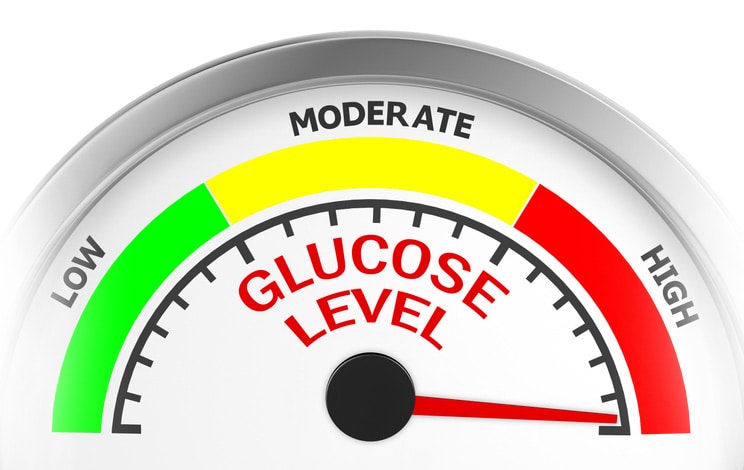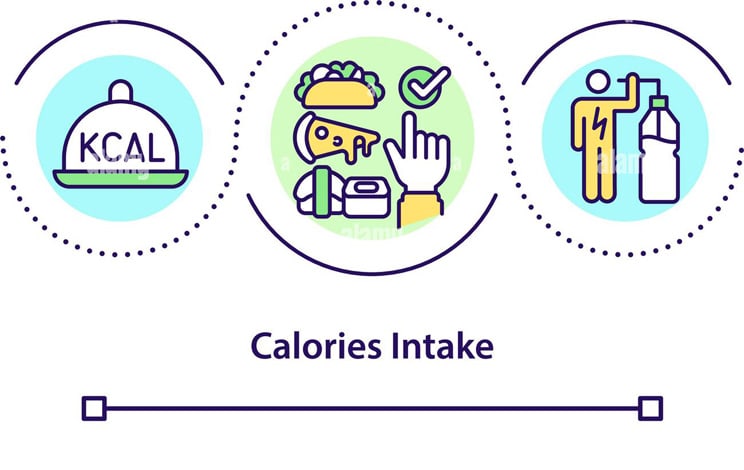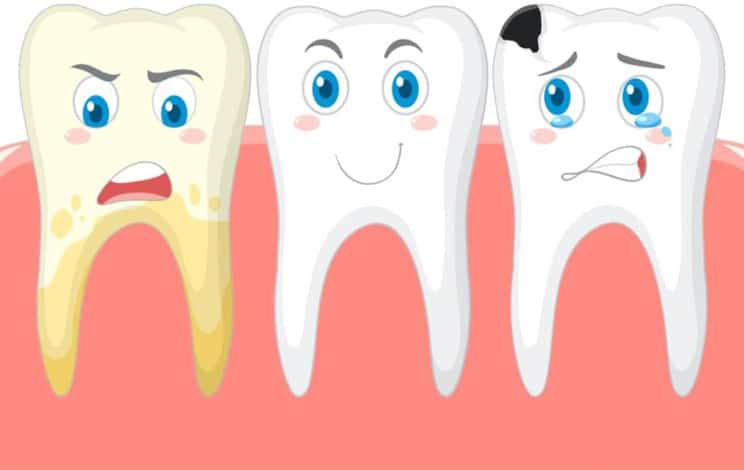Chewing gum has become a prevalent habit worldwide, serving various purposes such as freshening breath, curbing cravings, or simply alleviating boredom. But have you ever considered the health implications of the sugar and artificial sweeteners present in chewing gum? In this comprehensive article, we will delve into the world of gum and explore its potential effects on your well-being. From sugar-laden classics to sugar-free alternatives, we will uncover the truth about what you are chewing.
Understanding the Ingredients
Before exploring the health aspects, let’s familiarize ourselves with the primary components of chewing gum.
- Chicle and Gum Base : Traditional chewing gum was made from chicle, a natural latex harvested from sapodilla trees. Today, gum base typically consists of synthetic rubber and resins, allowing for chewability while retaining its elasticity.
- Sweeteners : Gum is sweetened to enhance its flavor, which can include natural sugars, artificial sweeteners, or sugar alcohols.
- Flavorings : The flavors in gum can vary widely, ranging from fruity to minty, and are created using a combination of natural and artificial flavorings.
The Impact of Sugar in Chewing Gum
- Tooth Decay : Sugar-sweetened gum can contribute to tooth decay as the sugar feeds harmful oral bacteria, which produce acids that erode tooth enamel. It’s important to note that this is more prevalent in gum with high sugar content, such as bubblegum, compared to mints or sugarless gum.
- Caloric Intake : Regular consumption of sugary gum can add to your daily caloric intake, potentially leading to weight gain over time. Be mindful of this if you are watching your weight.
- Blood Sugar Spikes : For individuals with diabetes or at risk of developing the condition, sugary gum can cause rapid spikes in blood sugar levels. Opting for sugar-free alternatives is recommended if you are managing your blood sugar.



The Rise of Artificial Sweeteners
Artificial sweeteners, such as aspartame, sucralose, and saccharin, have gained popularity in sugar-free gum. They offer a sweet taste without the calories of sugar, although concerns have been raised regarding their potential health effects.
- Weight Management : Sugar-free gum can aid in weight management by reducing caloric intake and controlling cravings. If you are looking to cut down on calories, sugar-free gum can be a valuable addition to your routine.
- Digestive Issues : Some individuals may experience digestive discomfort when consuming sugar alcohols found in sugar-free gum, such as bloating, gas, and diarrhea. If you are sensitive to sugar alcohols, it’s advisable to use them sparingly or opt for gum with other sweeteners.
- Metabolic Impact : The long-term metabolic effects of artificial sweeteners are still under research, with mixed findings. While some studies suggest potential links to weight gain and increased cravings for sweet foods, others find no such associations. It’s crucial to be aware of your body’s response and make choices accordingly.
Choosing the Right Gum for Your Health
Selecting the right gum is crucial for your health.
- Read the Label : Before purchasing gum, read the label to understand the sweeteners used. Look for options with xylitol or stevia as natural sweeteners. Keep in mind that “sugar-free” doesn’t always mean it’s free of all sweeteners, as artificial sweeteners are often used in these products.
- Moderation : Enjoy gum in moderation, whether it’s sugar-sweetened or sugar-free. Excessive gum chewing may lead to digestive discomfort, regardless of the sweetener used.
- Oral Hygiene : Chewing gum with xylitol can benefit your oral health by reducing harmful bacteria and promoting saliva production. If you’re concerned about the impact of gum on your teeth, consider switching to gum with xylitol to support your oral hygiene.
- Dental Health : Beyond sweeteners, chewing gum can have a positive impact on your dental health. It stimulates saliva production, which helps neutralize acids, cleanse the mouth, and strengthen tooth enamel. Choosing gum with xylitol can further reduce the risk of cavities.
In conclusion, the impact of sugar and artificial sweeteners in chewing gum on your health is a topic worth considering. Your choice of gum can affect your oral health, caloric intake, and even metabolic processes. While sugar-sweetened gum should be enjoyed sparingly, sugar-free gum can be a viable alternative, especially when you choose options with natural sweeteners. Ultimately, moderation and informed choices are key to maintaining a healthy balance while indulging in this popular habit.

